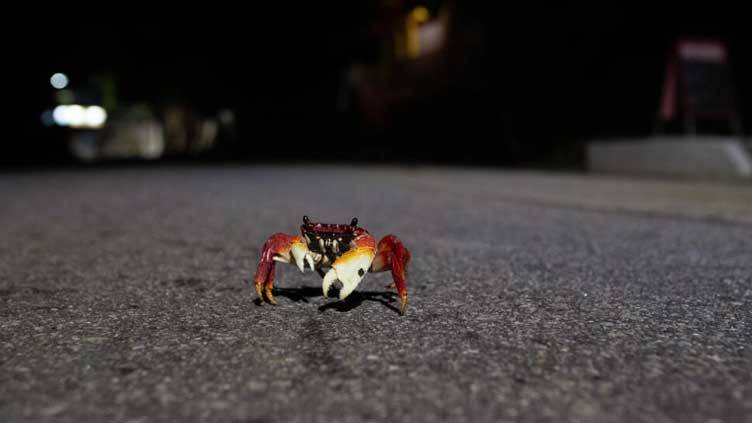In Brazil, where about 16 wild animals become roadkill every second, a computer scientist has come up with a futuristic solution to this everyday problem: using AI to alert drivers to their presence.
Direct strikes on the vast South American country's extensive road network are the top threat to numerous species, forced to live in ever-closer proximity with humans.
According to the Brazilian Center for Road Ecology (CBEE), some 475 million vertebrate animals die on the road every year -- mostly smaller species such as capybaras, armadillos and possums.
"It is the biggest direct impact on wildlife today in Brazil," CBEE coordinator Alex Bager told AFP.
Shocked by the carnage in the world's most biodiverse country, computer science student Gabriel Souto Ferrante sprung into action.
The 25-year-old started by identifying the five medium- and large-sized species most likely to fall victim to traffic accidents: the puma, the giant anteater, the tapir, the maned wolf and the jaguarundi, a type of wild cat.
Souto, who is pursuing a master's degree at the University of Sao Paulo (USP), then created a database with thousands of images of these animals and trained an AI model to recognize them in real-time.






